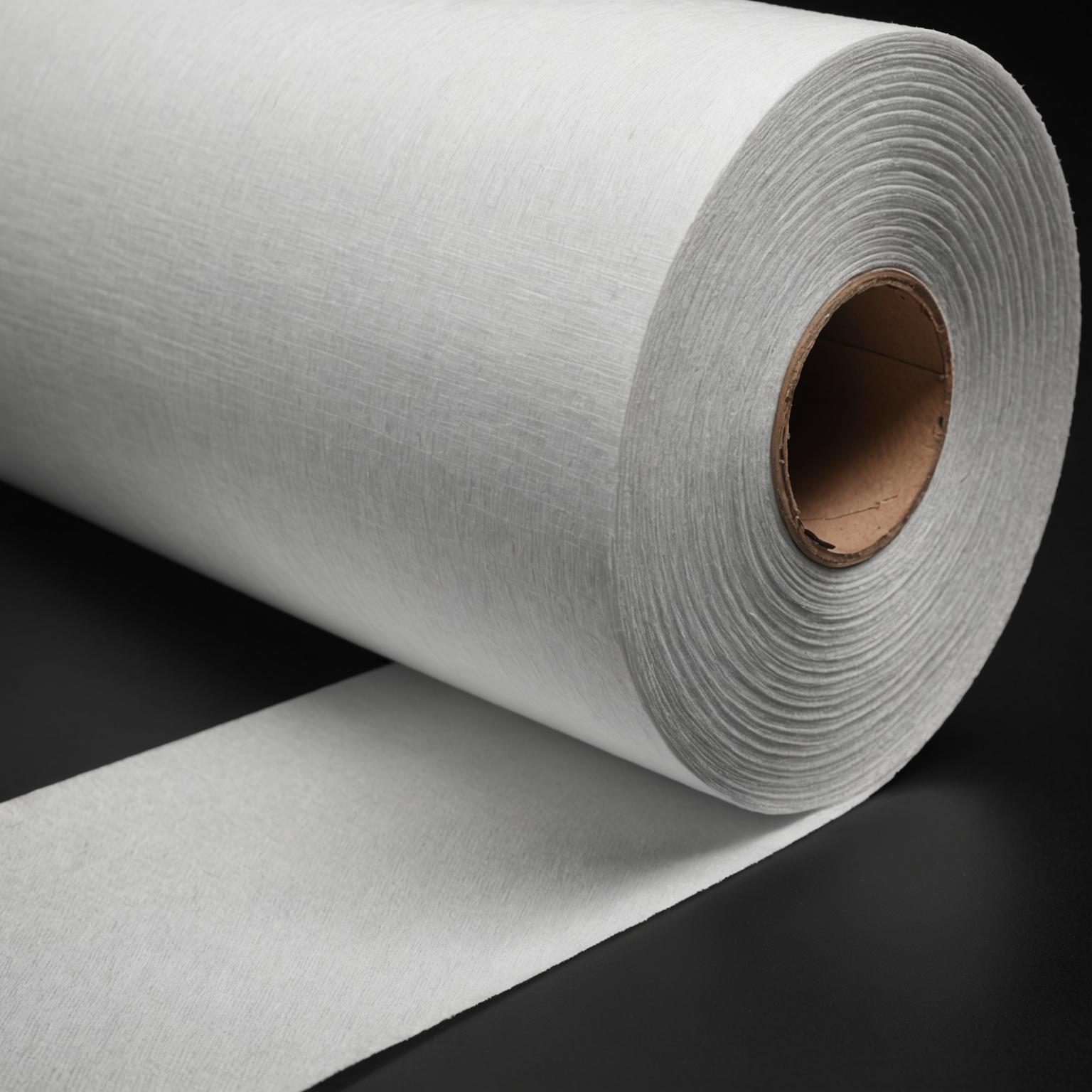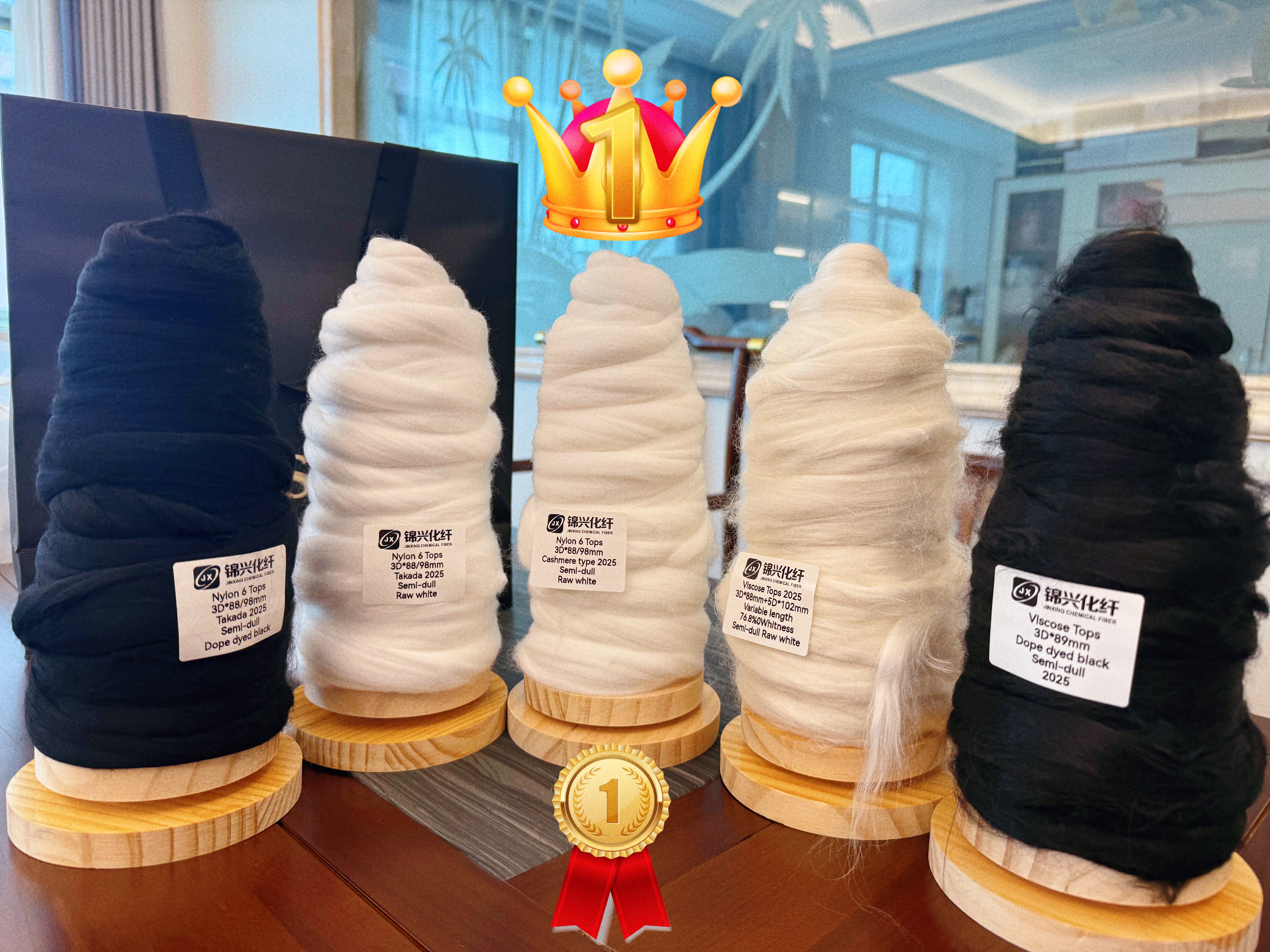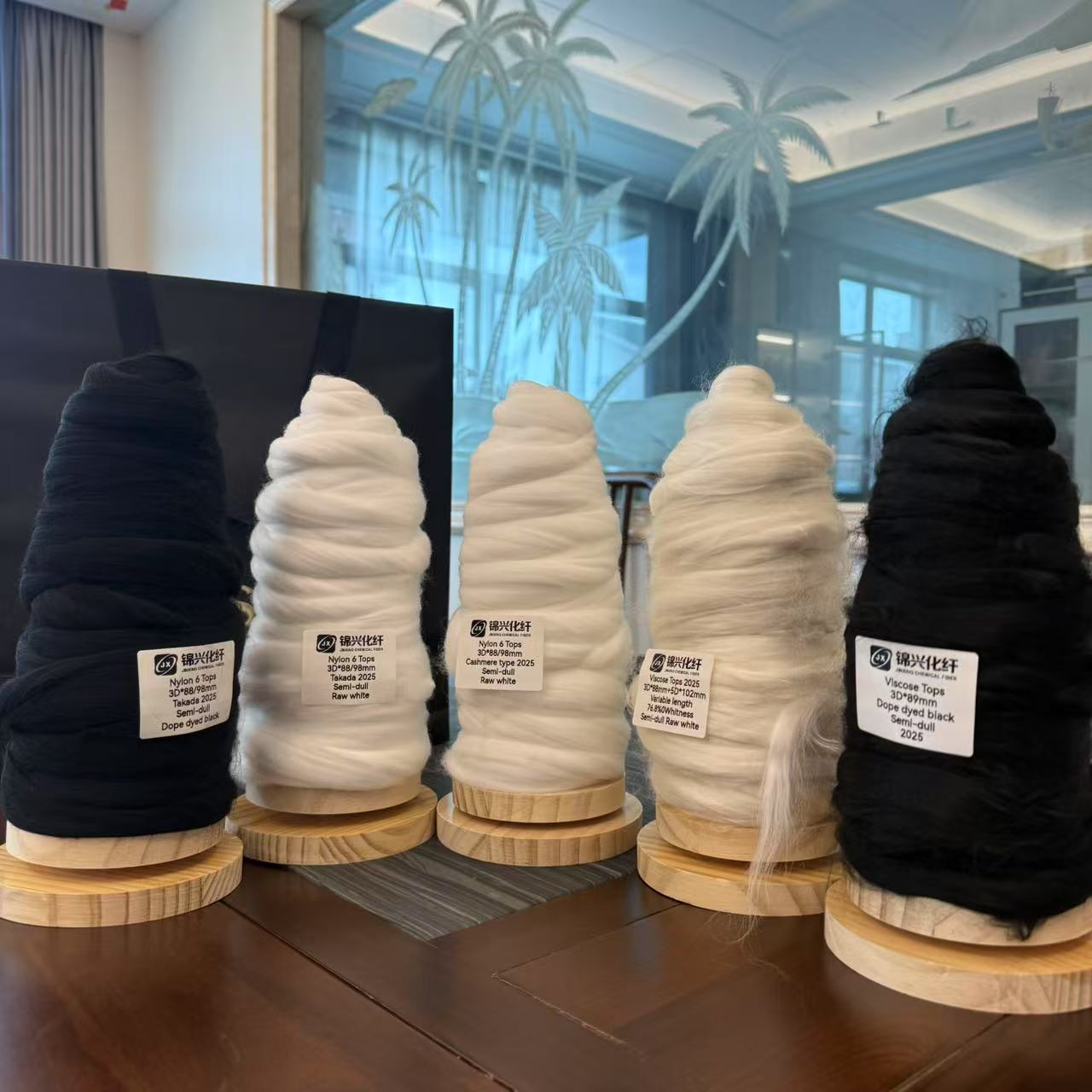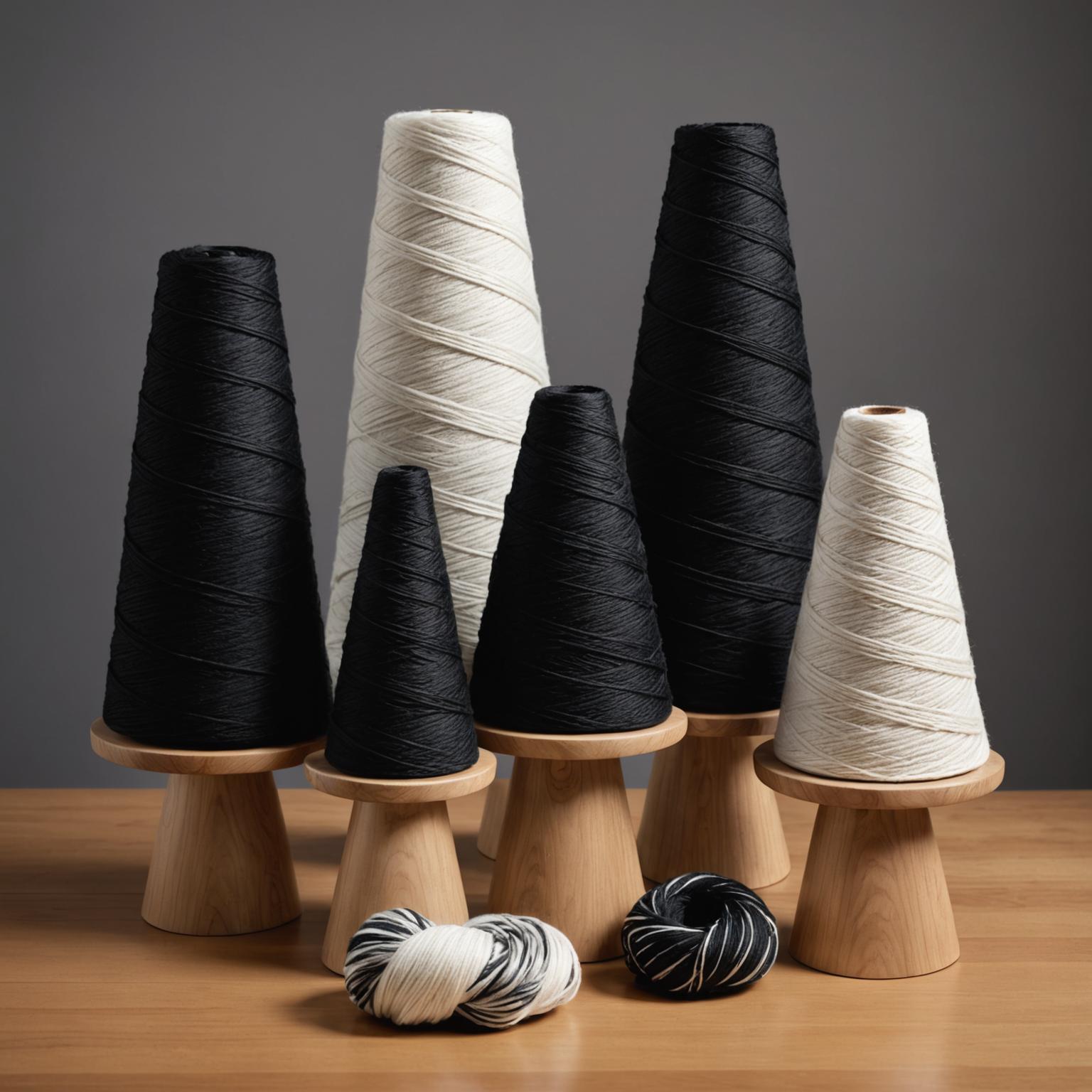
The Intricacies of Non-Woven Fabric Manufacturing
Unlike traditional textiles that are woven or knitted, a synthetic non-woven fabric is created directly from fibers that are bonded together through mechanical, thermal, or chemical processes. The non-woven fabric manufacturing process for nylon begins with a collection of fine nylon filaments. These fibers are laid out in a web and then subjected to a bonding technique that locks them into place, creating a cohesive and stable sheet of material. This method bypasses the need for spinning yarn and weaving, resulting in a more efficient and cost-effective production cycle. The final product is a fabric with a unique, often mesh-like structure that is both lightweight and robust, offering a pristine appearance that can serve as a blank canvas for dyeing and printing.
Defining Qualities of Durable Non-Woven Materials
One of the primary reasons for the widespread adoption of nylon non-woven fabric is its impressive profile of physical properties. These textiles are celebrated as durable non-woven materials, capable of withstanding significant wear and tear, abrasion, and exposure to various environmental conditions. Despite its toughness, nylon non-woven fabric is often engineered to be exceptionally soft, breathable, and gentle against the skin, making it suitable for products that require both comfort and resilience. Its inherent moisture resistance adds to its longevity, ensuring it maintains its structural integrity even after repeated use or washing. This combination of strength and softness makes it a premier choice for high-performance applications.
Exploring a World of Nylon Fabric Applications
The versatility of this material has led to a vast array of nylon fabric applications across numerous sectors. In the medical and hygiene industries, its softness, breathability, and hypoallergenic properties make it ideal for surgical gowns, masks, and sanitary products. In the fashion world, designers utilize its lightweight nature and elegant drape for apparel and accessories. Its durability and resistance to a wide range of substances also make it a valuable component in the automotive industry for interior linings and filtration systems. Furthermore, its application extends to home furnishings, construction materials, and geotextiles, where its strength and longevity are critical for performance.
Partnering with the Right Non-Woven Fabric Suppliers
As demand for these advanced materials grows, the role of non-woven fabric suppliers becomes increasingly crucial. Sourcing high-quality nylon textiles requires partnering with a supplier who can guarantee consistency, performance, and adherence to industry standards. Top-tier suppliers invest in advanced manufacturing technology to produce fabrics with specific characteristics, such as superior softness, high loft, or specific thermal properties. Furthermore, with a growing emphasis on environmental responsibility, many leading suppliers are focusing on eco-friendly manufacturing processes that minimize waste and avoid harmful chemicals, offering sustainable solutions without compromising on the quality that defines a premium nylon fiber product.







